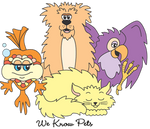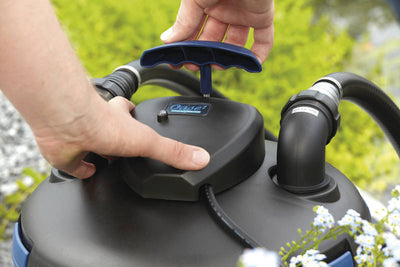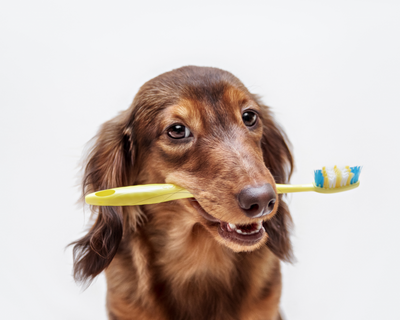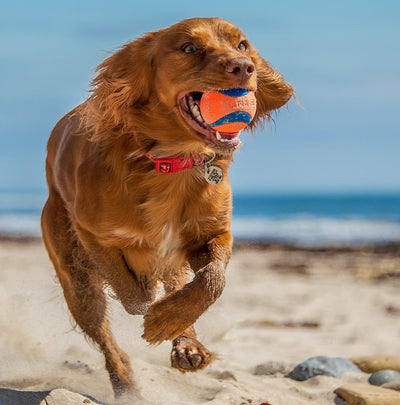Have you ever caught your pup licking your face and wondered why they're so obsessed with doing it? There are actually several reasons behind a dog's licking behavior, from trying to show affection to seeking attention. This article will explore the history of dog licking, the psychology involved, and even some tips on how to curb it if necessary.
obsessed with doing it? There are actually several reasons behind a dog's licking behavior, from trying to show affection to seeking attention. This article will explore the history of dog licking, the psychology involved, and even some tips on how to curb it if necessary.
Why do dogs lick their owners?
The Historical Context of Dog Licking.
Licking behavior in animals dates back millennia, with evidence that wolves, foxes, and cats all engage in licking behaviors. Dogs, however, are unique in their level of licking compared to other species. Canines have a long history of domestication and cohabitation with humans throughout their evolution, and society has been shaped by their companionship for thousands of years. This close relationship explains why dogs are more likely to lick us than other animals - it's an instinct designed to show loyalty and mutual respect to their human pack leader.
Dogs learn very early that their tongues are useful tools in communicating and interacting with the world around them. Mother dogs lick their pups to clean and stimulate them as soon as they are born. For the first few weeks of their lives, puppies are also licked by mother dogs to prompt them to urinate and defecate.
What is the Psychology Behind Licking?
Canine licking behavior is believed to stem from a variety of psychological factors, such as comfort and affection. Dogs may lick humans when they’re nervous or anxious in order to alleviate their feelings, or out of recognition and bond with their owners. Licking is also seen as a sign of intelligence as it's often used to form relationships and for communication. Finally, licking could be used as an expression of dominance by the dog in order to receive attention from its owner and show its respect for them.
Should You Allow Your Dog to Lick Your Face?
While dog licking is often seen as a sign of affection, it can be an unhealthy habit. For example, if your dog tends to lick your face or mouth too often, there is the chance that they are transferring parasites, bacteria, and germs into your system which can pose serious health risks. Therefore, it’s important to play it safe and not allow them to lick your face or mouth too much. Always keep up to date with your dogs worming treatments and always wash your hands after patting your dog. Furthermore, some dogs have excessively rough tongues which can cause skin irritation if they are allowed to lick frequently.
habit. For example, if your dog tends to lick your face or mouth too often, there is the chance that they are transferring parasites, bacteria, and germs into your system which can pose serious health risks. Therefore, it’s important to play it safe and not allow them to lick your face or mouth too much. Always keep up to date with your dogs worming treatments and always wash your hands after patting your dog. Furthermore, some dogs have excessively rough tongues which can cause skin irritation if they are allowed to lick frequently.
Signs That Might Indicate Excessive Licking in Dogs.
If your dog’s licking behavior is starting to become excessive, there are some telltale signs that will help you recognize it. Here are some of the most common signs that can indicate that your dog’s licking behavior is becoming a problem: constantly licking their paws; excessively licking objects; obsessive-compulsive behaviors like licking the same body part over and over again; and spending more time with other dogs that engage in similar behaviors. If you notice any of these warning signs in your dog’s behavior, it could be a sign that their licking habits need to be monitored more closely.
How to Get Your Dog to Stop Licking You
Is It Normal for Dogs to Slobber and Drool?
It is typical for dogs to drool, especially when they see their favorite treat. When a dog sees something it wants, its mouth will produce saliva in anticipation of getting the treat. Slobbering and drooling can also indicate fear or anxiety in dogs, so if your pup seems to be exhibiting this behavior more than normal, make sure to check in with them. Additionally, some breeds are more prone to slobbering and drooling than others, such as Saint Bernards, and Bullmastiffs.
© weknowpets 2023





